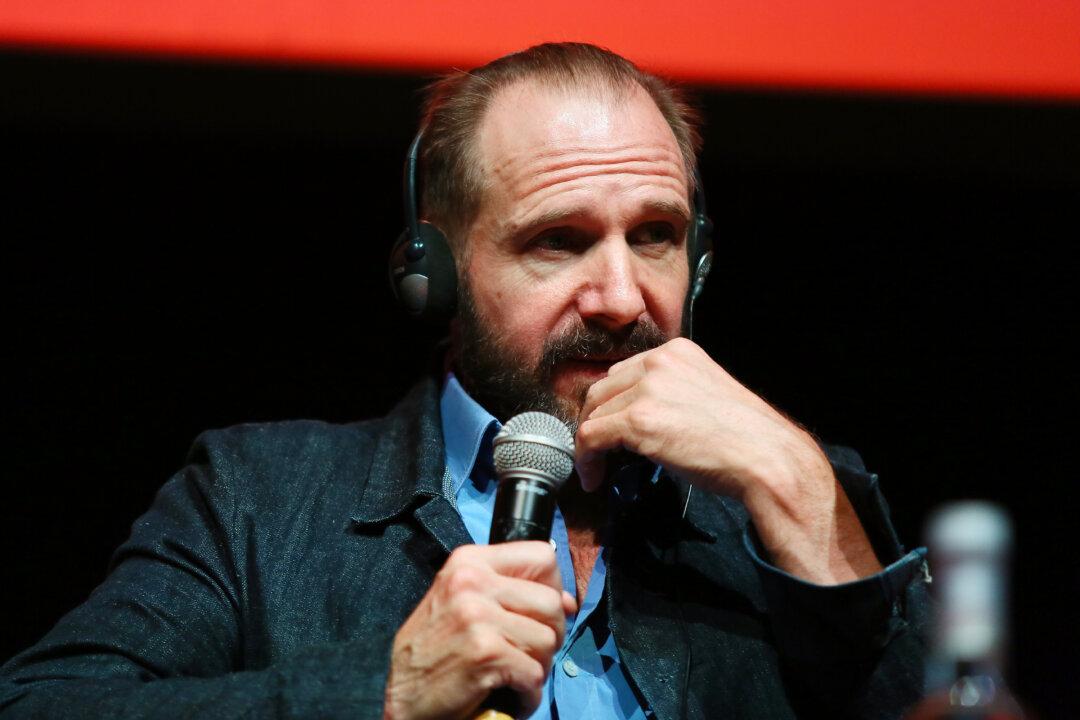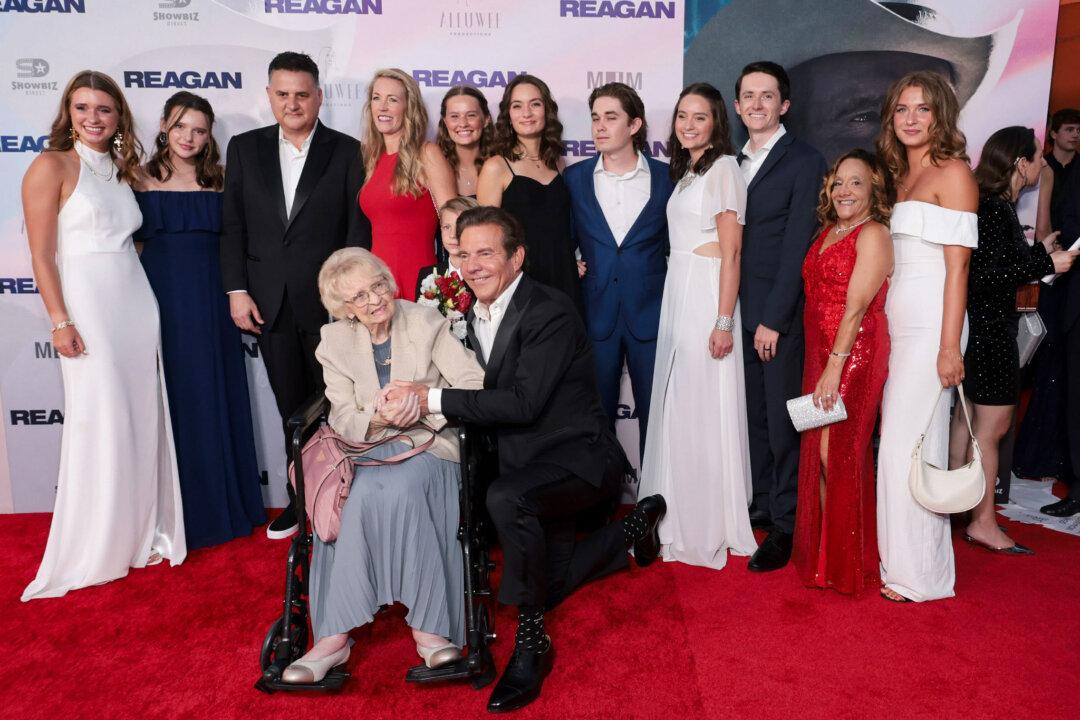In a recent interview with BBC One’s Sunday with Laura Kuenssberg, Academy Award-nominated actor Ralph Fiennes critiqued the prevalent use of “trigger warnings” in contemporary entertainment.
Emphasizing the transformative power of theater, Mr. Fiennes argued against the necessity of preparing audiences for potentially distressing content, citing the inherent value of experiencing raw emotions and confronting uncomfortable truths within the realm of performance.





